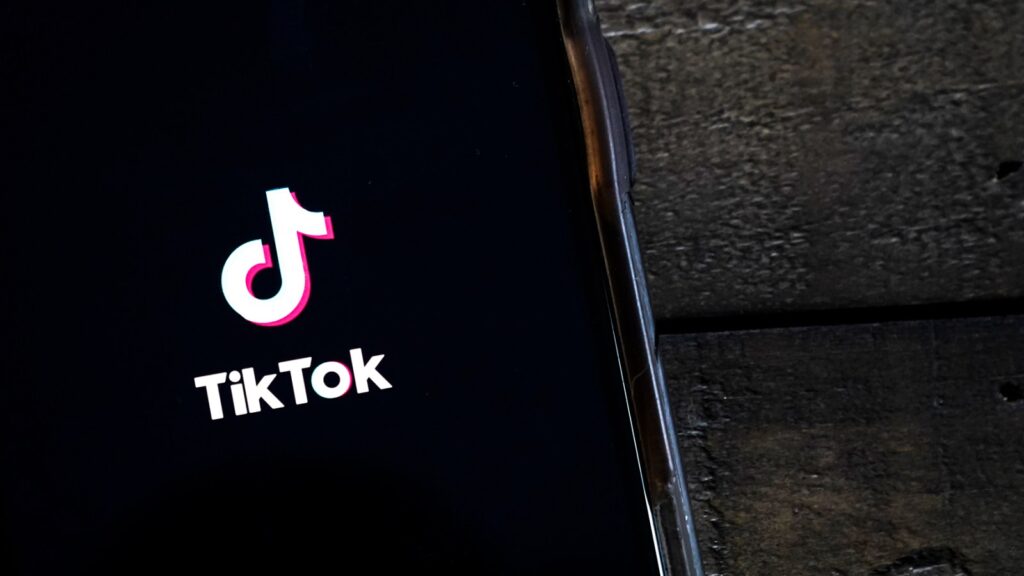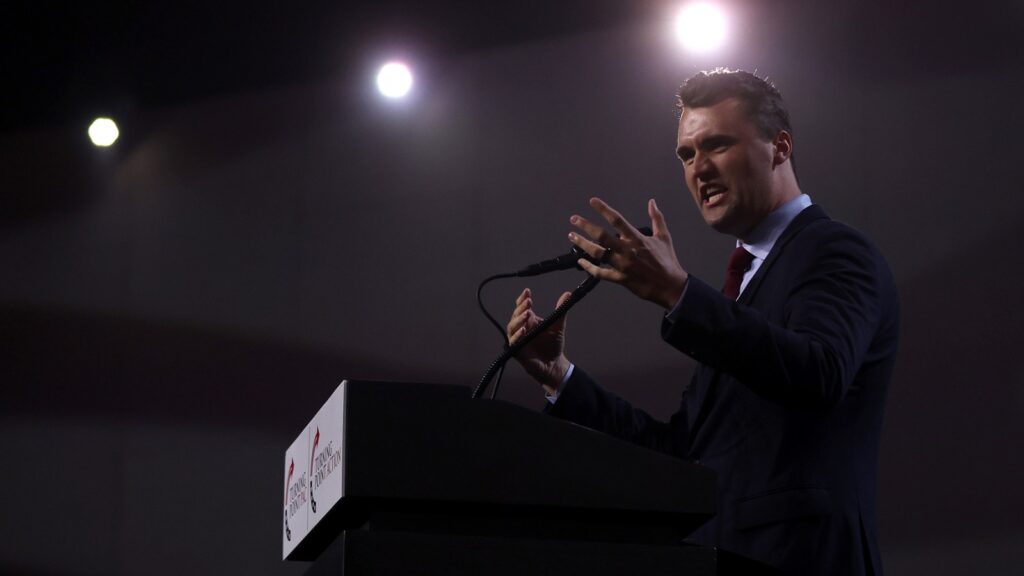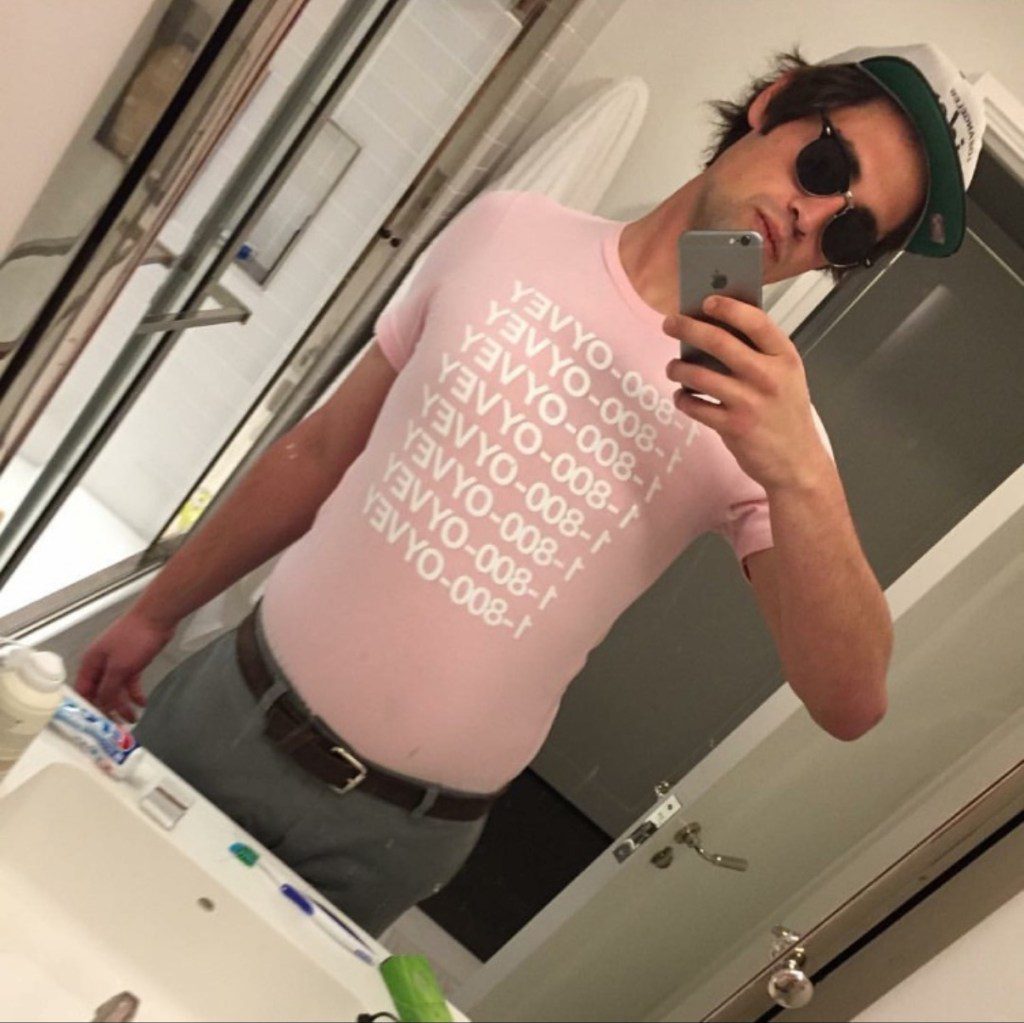13 States Sue TikTok for Targeting Kids in ‘Ruthless Pursuit of Profits’
More than a dozen states and Washington, D.C. filed lawsuits against TikTok on Tuesday, arguing the video sharing app is addictive to teens and harming their mental health for profit. The lawsuits, which were filed in state courts, allege that TikTok violated consumer protection laws.
The lawsuits claim that TikTok has contributed to a teen mental health crisis. The New York state lawsuit — which has been redacted to exclude information that TikTok claims is confidential — reports that depression, anxiety, eating disorders, and suicidal ideation have reached record levels in the state and elsewhere. New York is leading the lawsuits along with California.
TikTok’s business model relies on ad revenue driven by views. A Harvard University study found that TikTok generated $2 billion in ad revenue from users ages 13 to 17 in 2022. The app was deliberately created to addict users “in ruthless pursuit of profits,” according to the Washington, D.C. lawsuit.
“It is profiting off the fact that it’s addicting young people to its platform,” District of Columbia Attorney General Brian Schwalb told the Associated Press.
At the root of the attorneys general’s concerns is the social media site’s algorithm. They say it exploits the body’s natural release of the neurotransmitter dopamine, which promotes addictive behavior by presenting short videos tailored to the user’s interests on the “For You” page. TikTok also features an “infinite scroll,” meaning it loads content indefinitely, making it hard to log off; and beauty filters, which present unattainable looks and can promote self-image issues. The New York lawsuit noted other social media sites have similar risks, but that more teens use TikTok than Snapchat or Instagram.
“Beauty filters have been especially harmful to young girls,” New York Attorney General Letitia James wrote in a statement. “Beauty filters can cause body image issues and encourage eating disorders, body dysmorphia, and other health-related problems.”
According to the New York lawsuit, the app’s “features exploit children’s underdeveloped psychological and neurological controls to lock young users into cycles of excessive and unhealthy usage of social media… The result of these features is to trap a user’s attention for profit.”
TikTok, these lawsuits say, knows its features are dangerous but presents itself as caring about teen safety.
TikTok disputes the allegations. “We strongly disagree with these claims, many of which we believe to be inaccurate and misleading,” TikTok tells Rolling Stone. “We’re proud of and remain deeply committed to the work we’ve done to protect teens and we will continue to update and improve our product. We provide robust safeguards, proactively remove suspected underage users, and have voluntarily launched safety features such as default screentime limits, family pairing, and privacy by default for minors under 16.” The attorneys general investigation into TikTok began in 2022 from multiple states.
“TikTok intentionally targets children because they know kids do not yet have the defenses or capacity to create healthy boundaries around addictive content,” California Attorney General Rob Bonta said in a statement. “TikTok must be held accountable for the harms it created in taking away the time — and childhoods — of American children.”
The states suing TikTok are Illinois, Kentucky, Louisiana, Massachusetts, Mississippi, North Carolina, New Jersey, Oregon, South Carolina, Vermont, and Washington, as well as New York, California, and the District of Columbia.
The federal government has threatened to ban TikTok if the parent company ByteDance, a Chinese company, does not sell the app to a non-Chinese company by mid-January. Members of Congress and President Joe Biden have expressed concerns that the Chinese government could force ByteDance to give up user data, something TikTok has said they would not do.
In response, the American Civil Liberties Union and several other leading technology and civil rights groups wrote a letter to Congress warning that a ban would “trample on the constitutional right to freedom of speech of millions of people in the United States.” They added: “TikTok is home to massive amounts of protected speech and association: it enables its users to discuss their opinions, share their hobbies, make art, and access news from down the street and around the world.”
“This ban would devastate seven million businesses and silence 170 million Americans,” TikTok said in a statement.





